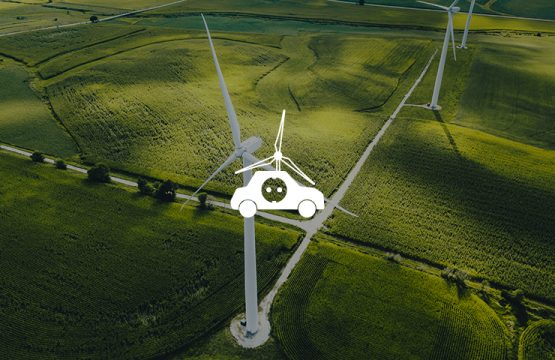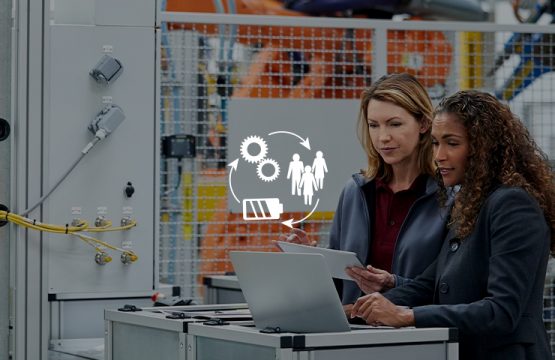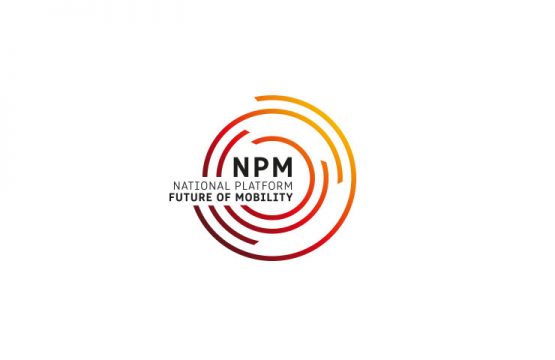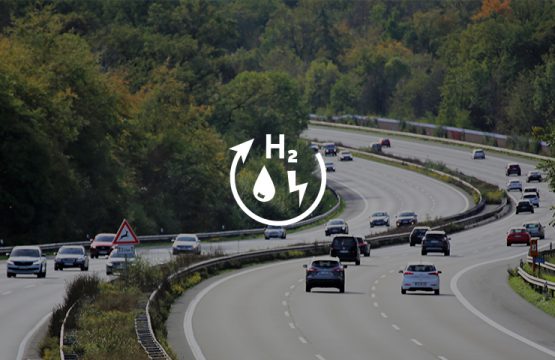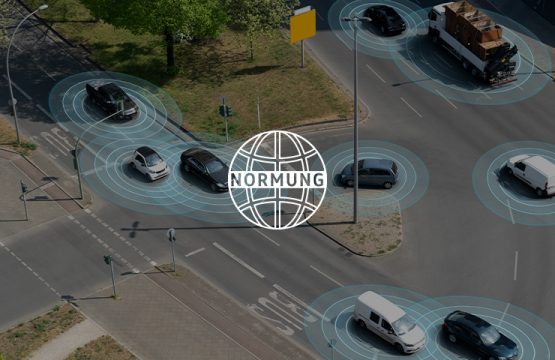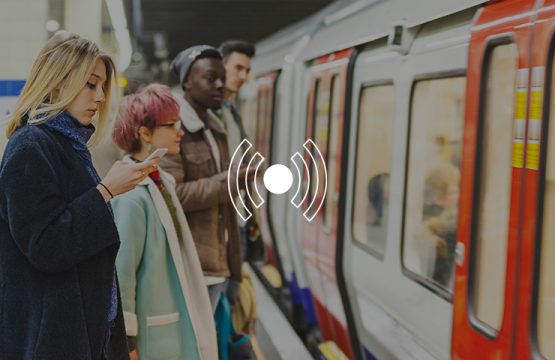- The intelligent use of alternative drive technologies and fuels in road transport can maximise the reduction of CO2 emissions.
- Electromobility, hydrogen and fuel cells as well as alternative fuels are all needed in road-going cars and trucks which cause 95 percent of all emissions from transport.
- Reality check: Different stages of development and commercialisation of these technologies are to be borne in mind; the necessary investment and strategic decisions are needed now.
- If the current options are to be used in a cost-effective and efficient manner, it is crucial to keep an open mind towards all technologies.
“First of all, the status quo of the drive and fuel options under review varies widely in terms of their maturity, market penetration and acceptance. Another factor are the interests of the stakeholders in question. Of course we have taken all of this into account and managed to reveal a potential CO2 reduction from transport of between 26 to 63 million tons by 2030. This means that even under optimistic conditions, further efforts are needed to achieve the target of 95 million tons adopted by the Federal Government. In co-operation with the NPM’s other working groups, we now need to intensify our analysis,” reiterates Prof. Dr. Barbara Lenz of the German Aerospace Center (DLR – Deutsches Zentrum für Luft- und Raumfahrt) and head of WG 2 of the NPM.
The analysis focussed on a comprehensive evaluation of the CO2 impacts that electromobility concepts, hydrogen and fuel cells as well as bio- and e-fuels have on climate protection in the current conditions. If used properly, these technological options can play a very specific part in reducing CO2 emissions. CO2-neutral mobility requires an openness towards all technologies and an accelerated development of renewable energies in Germany.
WG 2’s recommendations for action at a glance:
- Research into and innovation of all drive technologies and energy sources or fuels are to be increased. This applies to research both in terms of technology and in terms of implementation or the market.
- In order to achieve a targeted and sustainable reduction in CO2 emissions, the transport sector and the energy sector are not to be seen as two separate entities. At the same time, the interaction with industry and heating must be a key consideration. The availability of “green” sources of energy is to be expanded.
- Political support is required for the launch of battery and car production as well as for the creation of the necessary refuelling and charging infrastructure.
- To enable the market launch and penetration of e-fuels, an appropriate framework including technology-specific usage quotas or tax incentives is to be created.
- Due to its energy density, the use of fuel cells makes sense even today, especially in vehicles with high driving performance, such as heavy goods vehicles. Emission-free generation of hydrogen and the development of the infrastructure are to be supported. In this context, the available world-leading German research and industrial competences are to be utilised, such as in the field of electrolysis.
- In shipping and aviation, alternative fuels are indispensable. In addition, e-fuels and in the short term even second-generation biofuels are to be used in existing road vehicles. Potential efficiencies in combustion engines and hybrid drives should continue to be promoted.
The report is available to download on www.plattform-zukunft-mobilitaet.de (in German).
Contact:
Alexandra Huß
Special Advisor on Communications
Office of the Chairman, National Platform Future of Mobility
huss@acatech.de
+49 (0)30 / 206 30 96 86
+49 (0)160 / 714 93 25

